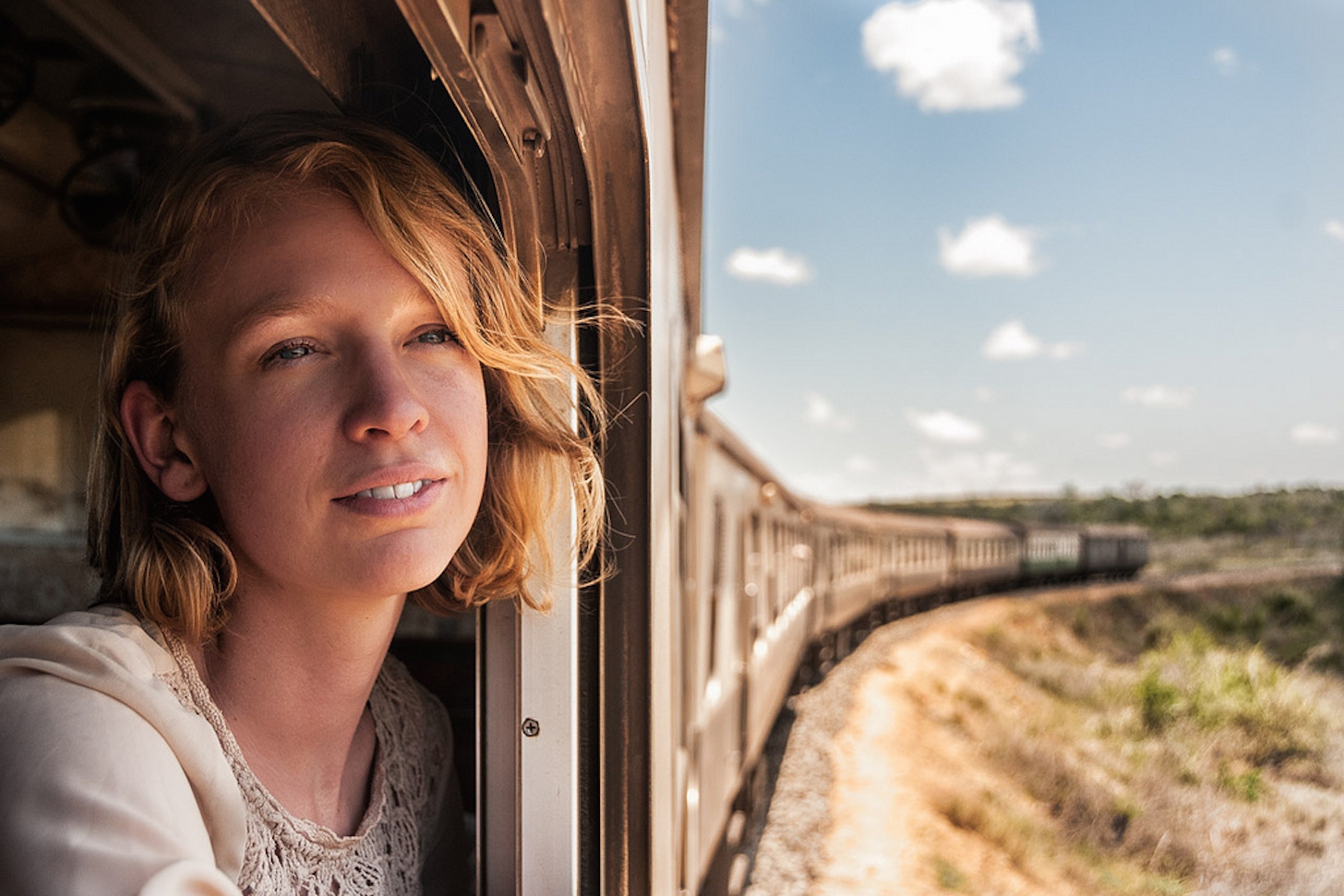Tips for reflecting on your role as a traveller in developing countries.
Many of us travel to be better people and help out as a global citizen. Yet, some well-meaning vagabonds come home and feel disappointed by their volunteer experience. It’s like waking up from a hangover, thinking, “What did I do?”
Look back on your experiences overseas critically, especially if you engaged in voluntourism.
I travelled to East Africa for the first time in high school. I was 16. I flew all the way to Tanzania to participate in a school building project. I thought I could save someone or something. Slowly, I learned that I would not be saving anything.
It’s okay to accept that you are a small piece of a very large and broken puzzle that makes up the world of international development.
The locals would re-dig the foundation each night when my team would leave. I cried about how stupid I was for thinking I could make a change. Eventually, I became okay with my place as a volunteer and student. It took accepting that I would not solve all the world's problems—something I was brought up thinking in system of privilege in the Toronto suburbs.
After coming home from Kenya this year, I am completely at ease with my experience on the African continent. I am not a saviour. I am an eternal student. I no longer feel the same guilt as I did seven years ago in Tanzania.
I am not a lone humanitarian, and I will never get a community out of poverty without the help of locals and a larger framework of support. I am a drop in the bucket.
This summer I went to Kenya as a journalist to report. I was not there to help. Part of me was conflicted when I interviewed non-profits who needed resources. Many asked me to donate, or to do pro-bono work for them. When I got home, people asked me what I actually did there.
“I went to Africa and didn’t help. I reported,” I say.
Some people are puzzled by my statement, others look offended. All I can say is that it’s true. I went to another part of the world to learn from the locals and to leave no trace. I was given so much from a continent to which I can give so little back. I learned about myself, challenged myself and walked away feeling more independent.
Don’t be discouraged when you can’t help, or feel that the help you have given doesn’t seem sufficient.
It’s okay to accept that you are a small piece of a very large and broken puzzle that makes up the world of international development. Talk about your experiences and lose your ego.
Many trips to developing countries, especially with school groups and well-meaning travel companies can paint the traveller as the star and the change-maker. As a volunteer in a foreign country you may be a catalyst for change, but your role as a change-maker will be fleeting.
● Is the project I participated in sustainable?
● Who will run the project once the volunteers from abroad leave?
● Who will continue to fund the project?
● Were locals involved at every step of the project’s development?
● Is there local buy-in to the initiative?
● Is the initiative culturally sensitive?
The world needs more critical travellers and volunteers to make changes in the world of international development. Speak out about experiences that troubled you, or made you feel guilty and ask why those experiences made you feel that way.
And remember, it’s okay if you didn’t go to Africa and “save” anything. The very idea that you alone can save someone, or something perpetuates the problematic saviour complex, which permeates through many Western volunteer organizations.
